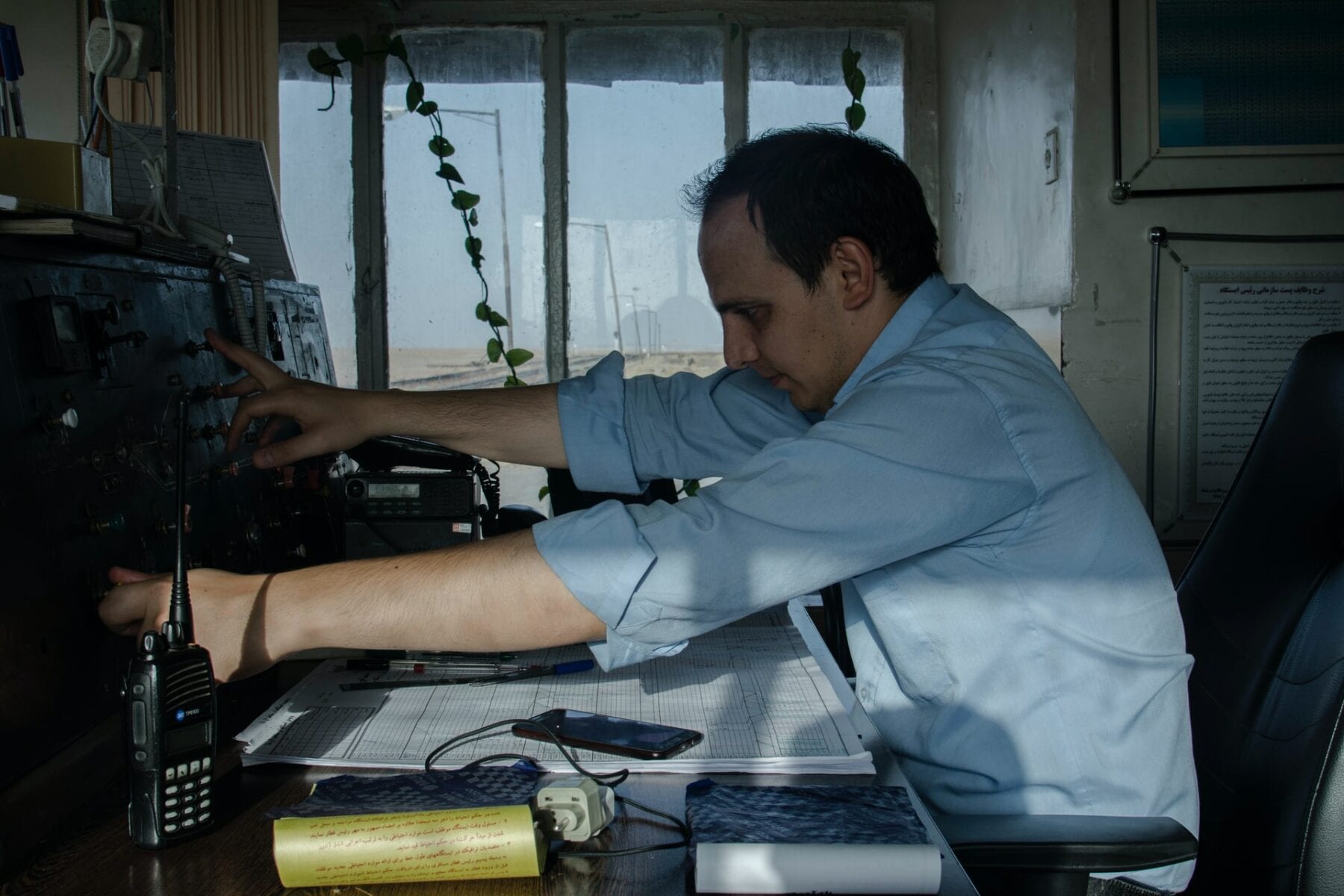When you first start out owning your HVAC business, it’s in a very fragile state. Early decisions have an enormous impact and mean the difference between long-term profitable success and bankruptcy. While it may sound overstated, it’s not. Imagine what could have been if you aligned yourself with the wrong vendor, chose the wrong location, or hired the wrong employee. The decisions were simply too big back then to be made by someone else. If the business was going to succeed, you had to step up and take charge of one decision at a time.
As the business matured, you made hundreds of more decisions and everyone knows you’re the one and only “boss.” You still made almost all the decisions, big and small.
- What jobs deserve priority?
- How much inventory do we need?
- Can Joe take two days off next week?
- Can we buy more paper for the printer?
When it comes time to take a vacation, much of the business is put on hold because you’re not there making sure things get done.
While this describes most of the HVAC businesses in America, it’s not the best way to build owner value. Buyers are looking for businesses that can survive and even thrive if the founder isn’t involved in day-to-day operations. The reality is, if your business ceases to exist if you go on vacation for a month, you don’t own a business, you own a job.
Understandably, that can be tough to hear. The good news is, you can do something about it. Here’s my recommendation.
Step one is to realize the less involved you are with day-to-day operations, the more valuable the business. The most valuable businesses in our industry are those with semi-absentee owners. I’m not suggesting these owners are disengaged, just that the business and its ability to make money doesn’t hinge on the owner going into the office daily. Key management is in place to take burdens off the owner.
Step two is to tighten up policies and procedures. No business can scale without clearly defining ways to do things. These need to be written down and be the standard of what is expected.
Next, identify your “number two,” or at least the person that has the potential to be your successor. Begin grooming that trusted employee to make decisions in your absence. You’ll have to pay them well and include proper incentives to make sure they stay around. Some owners have gone so far as to pay a bonus when the business is sold. Buyers like this strategy too because it makes the business more stable. It would not be uncommon for the new owner to also pay them a retention bonus. The key to making all of this work is transparency. Your number two must understand and share your vision.
For the next few months, take every opportunity to make teaching points and discuss the reasons behind your decisions. Test their progress by asking “What decision would you make?” Before you give your thoughts. Over time, you’ll gain confidence in their ability. Slowly delegate lower-level decisions and increase importance with time. You’ll still be involved to overrule as needed but be careful not to undo any built-up trust. Just like you, some decisions will be wrong, and you’ll have to make that a learning lesson too. Ultimately, day-to-day decisions are made by your managers and you’ll stay on a strategic level.
Eventually, you’ll be able to do things like taking that month-long vacation without business grinding to a halt. If you can get to this point, congratulations. You are a semi-absentee owner, and your business has immense value.
A buyer will pay you well for the machine you have created. After an appropriate ownership transition, your business legacy will live on through thankful employees, their families, and customers.

Patrick Lange is an experienced HVAC-specific business broker with Business Modification Group based in Horseshoe Beach, Florida. He has a unique background in financial planning and has even owned an HVAC business himself. This makes him well suited to working with some of the most successful HVAC business owners in the country. Specializing in companies with 1-10 million dollars in revenue, he maintains a network of buyers and sellers in the industry. He has sold more HVAC businesses than any other broker in the United States over the last 12 months and is currently the Vice President of the Business Brokers of Florida (North Florida District.)








Leave A Comment
You must be logged in to post a comment.